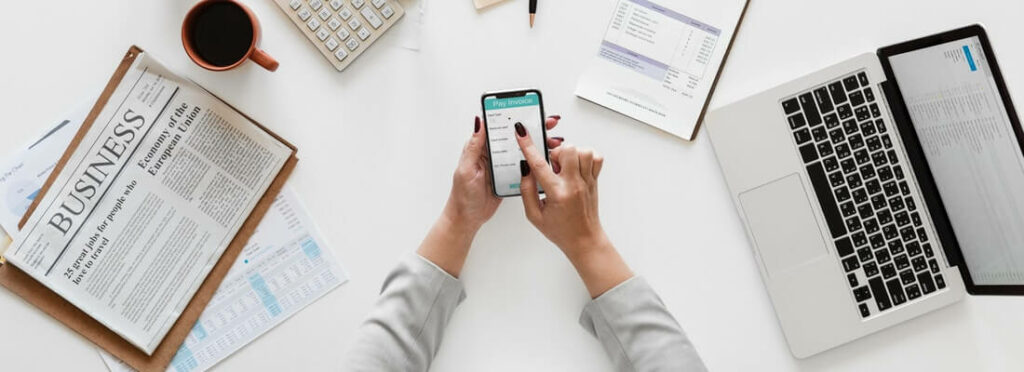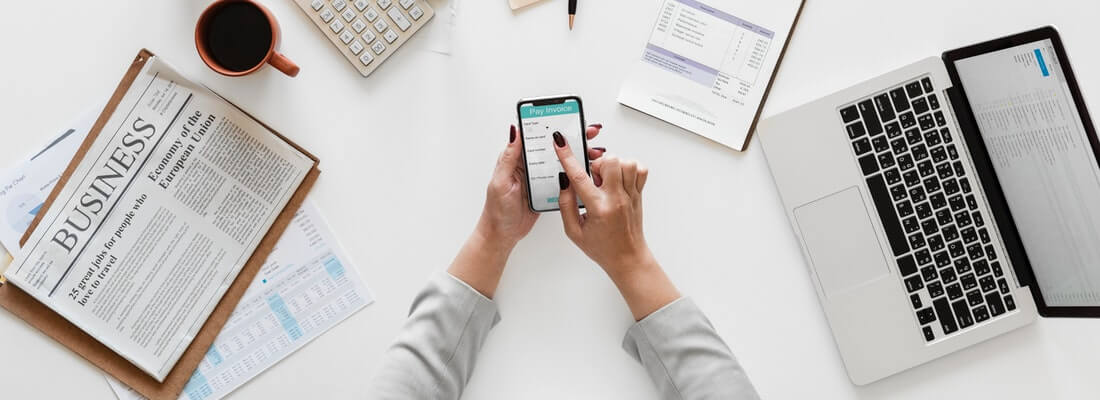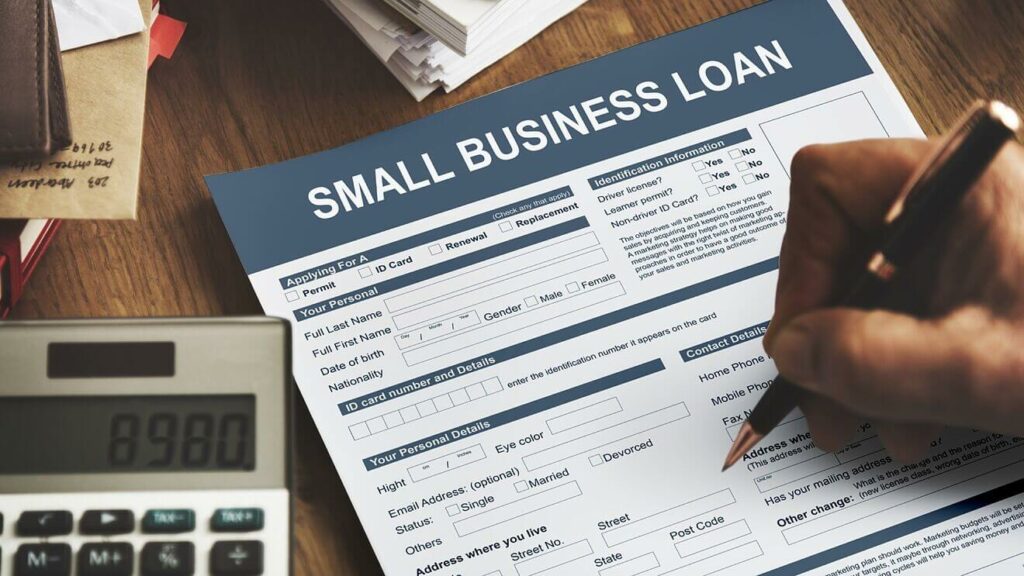How to track and manage expenses for your small business


Managing expenses is a critical aspect of running a successful small business. Keeping track of your business expenses can help you make informed decisions, stay on top of your finances, and minimize tax liabilities. As a small business owner, keeping track of your expenses is a crucial part of maintaining financial stability and achieving long-term success. In this article, we will provide you with a complete guide to tracking and managing expenses for your small business.
Develop a System for Tracking Expenses
The first step in managing your expenses is to develop a system for tracking them. This could be as simple as keeping a spreadsheet or using accounting software. Whatever system you choose, it should be easy to use and allow you to easily categorize expenses based on their purpose. You can use software tools such as QuickBooks, Xero, or FreshBooks to track your expenses, or you can create a manual system using spreadsheets or paper receipts. Organization is the key that will help you stay on track and make it easier to file taxes.
Keep Receipts and Invoices
Keeping receipts and invoices is a crucial part of tracking expenses. These documents provide proof of purchase and can help you identify and categorize expenses when it’s time to file your taxes. This process can be made easier if you consider using a digital scanner or a receipt tracking app to keep track of your receipts and invoices on a daily basis.
Separate Personal and Business Expenses
One common mistake that small business owners make is mixing personal and business expenses. This can make it difficult to track expenses and can create problems when it’s time to file taxes. To avoid this issue, make sure to separate your personal and business expenses. Use a separate bank account and credit card for your business transactions and only use them for business-related expenses
Set a Budget
Setting a budget is an essential part of managing your expenses. A budget helps you plan your spending, prioritize your expenses, and avoid overspending. Start by reviewing your past expenses and use that information to set realistic spending goals for the future. Make sure to revisit and adjust your budget regularly as your business grows and your expenses change.
Monitor Your Expenses Regularly
Monitoring your expenses regularly is key to staying on top of your finances. Set aside time each week or month to review your expenses and make sure that everything is properly categorized. This will also help you identify any unnecessary expenses and make adjustments as needed for your business.
Hire an Accountant
If you find that managing your expenses is too overwhelming, consider hiring an accountant. An accountant can help you develop a more effective system for tracking and managing expenses, as well as provide valuable advice on how to minimize your tax liability.
In conclusion, effectively tracking and managing your expenses is essential to the success of your small business. By developing a system for tracking expenses, keeping receipts and invoices, separating personal and business expenses, monitoring your expenses regularly, and potentially hiring an accountant, you can ensure that your finances are organized and that you are making the most of your resources. With these strategies in place, you will be well on your way to achieving financial stability and long-term success.






Responses